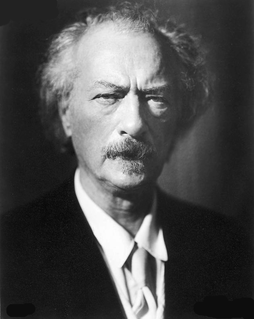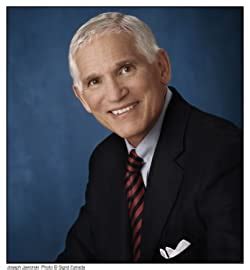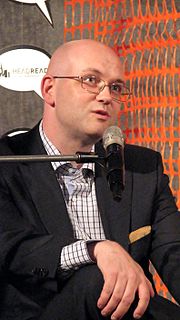A Quote by Toni Morrison
The isolation, the separateness, is always a part of any utopia.
Related Quotes
Individuality is different than isolation. Isolation is trying to do everything on your own, living life by yourself. Isolation happens when you choose not to be involved in any communities, making sure you keep a safe distance from people in your life. I’m not recommending isolation. Science, psychology, and religion all suggest long term isolation is dangerous and unhealthy.
What begins as a Utopian vision, always - always - ends in bloodshed. Because you have to force a utopia on a free people. Free people want to pursue their own happiness, but a one-size-fits-all approach requires herding the free, against their will, into the state's idea of what's right. Then it's not utopia.
Genocide is not just a murderous madness; it is, more deeply, a politics that promises a utopia beyond politics - one people, one land, one truth, the end of difference. Since genocide is a form of political utopia, it remains an enduring temptation in any multiethnic and multicultural society in crisis.
I learned that our deepest need is to overcome our aloneness and our separateness. We seek to escape from separateness in various ways. We seek conformity, mistaking it for union. This is a soul-crushing way to exist. Or we seek union through orgiastic states - drugs, alcoholism, overwork - or through creative activities. But the ultimate escape from separateness is through interpersonal union.







































